Coconut oil is a very healthy product for both food preparation as well as for topical use.
It’s great for your skin, hair, nails and for oral health.
If you’re looking for the maximum health benefits, a high quality virgin coconut oil is your best option.
But do you know that there are several types of virgin coconut oil?
In this article I explain everything you need to know about how to choose the best virgin coconut oil. I also discuss the most common production methods and my favorite coconut oils.
Unrefined or virgin coconut oil
The main difference between refined and virgin coconut oil is that virgin coconut oil is made from fresh coconut meat. Refined coconut oil is made from dried coconut meat.
In my previous article I cover the whole subject of refined coconut oil.
Between the two, virgin coconut oil contains the highest amount of nutrients.
The production process of good quality virgin coconut oil doesn’t involve high temperatures or chemicals. Unlike refined coconut oil, virgin coconut oil is not deodorized or bleached.
The most common production methods include cold pressing, expeller pressing and centrifuging. More about that in a bit.
Virgin coconut oil has a characteristic coconutty taste and smell. Each production method results in a slightly different taste and sometimes the difference can be quite big!
If you need an oil for high temperature cooking such as deep-frying, I recommend using a good quality organic refined coconut oil.
This type of coconut oil is the most heat-stable one and has a neutral taste.
When people ask me how I choose the best virgin coconut oil, I tell them to always buy from brands they trust.
When trying out new ones, read the labels carefully and contact the company if you have any questions.
Good quality coconut oil is produced in the most natural way, at the lowest possible temperatures. It contains fresh, organic coconuts and no chemicals.
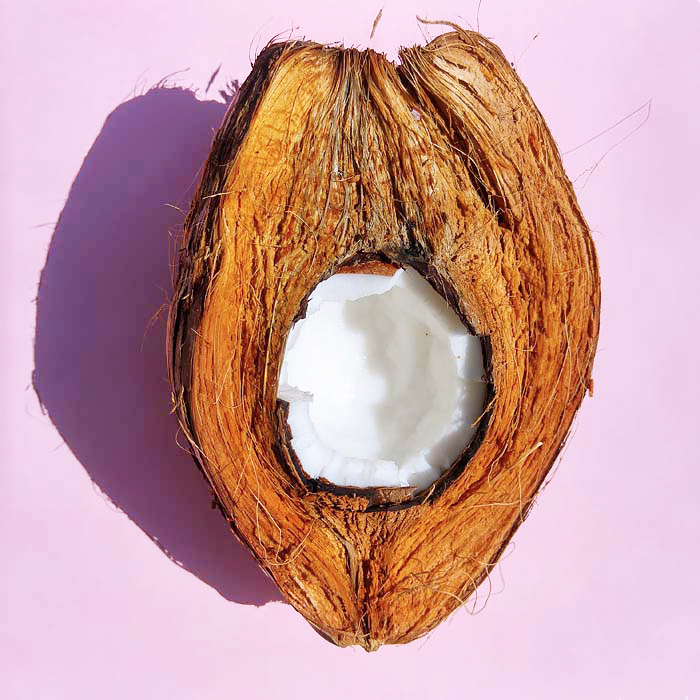
Common types of virgin coconut oil
Cold-pressed
Cold-pressed coconut oil is made from grated coconut meat which is pressed in a carefully controlled heat environment that doesn’t exceed 49° C / 120° F.
The variations in pressure and temperature depend on the desired taste.
The more pronounced ‘’toasted’’ oils result from a combination of higher heat and low moisture.
Raw oils that are mild in flavor need lower temperatures and more delicate processing.
Centrifuged
Fresh coconut meat is pressed into a coconut cream, using a special machine that is cooled by chilled water. The cream is then concentrated by separating the water and proteins through centrifugation.
This gentle process results in a a very pure, mild coconut flavor. Many consider this to be the highest quality coconut oil in the world.
Since the production process doesn’t use high heat, this raw coconut oil has a very high nutritional value.
Raw
Raw coconut oil is virgin coconut oil that hasn’t been exposed to temperatures over 45° C / 113° F during production.
Both cold-pressed as well as centrifuged coconut oils can be raw, as long as they don’t exceed these temperatures.
This type of coconut oil is of superior quality as it retains all of its nutrients.
Expeller-pressed
Coconut meat is pressed in mechanical expeller presses to extract the oil.
The friction creates higher temperatures than with cold-pressing, which results in a less nutritious oil.
It’s easier to produce large amounts of coconut oil in a short period this way. This is why this coconut oil is less expensive than cold-pressed or centrifuged coconut oil.
Virgin vs. extra virgin coconut oil
When the first brands of virgin coconut oil appeared on the western market, they wanted to distinguish themselves from other coconut oils.
Inspired by the olive oil industry, they started using the term virgin.
With the rise of coconut oil’s popularity the term extra virgin appeared.
This was to indicate superior quality in what some brands refer to as the first pressing.
(you can press the coconut meat several times by adding more water)
Olive oil production follows strict international standards. An oil is categorized as “virgin” or as “extra virgin” based on acidity levels.
Coconut oil on the other hand doesn’t have any virgin / extra virgin regulations.
I believe that virgin coconut oil and extra virgin coconut oil are of equally good quality and both are a good choice.
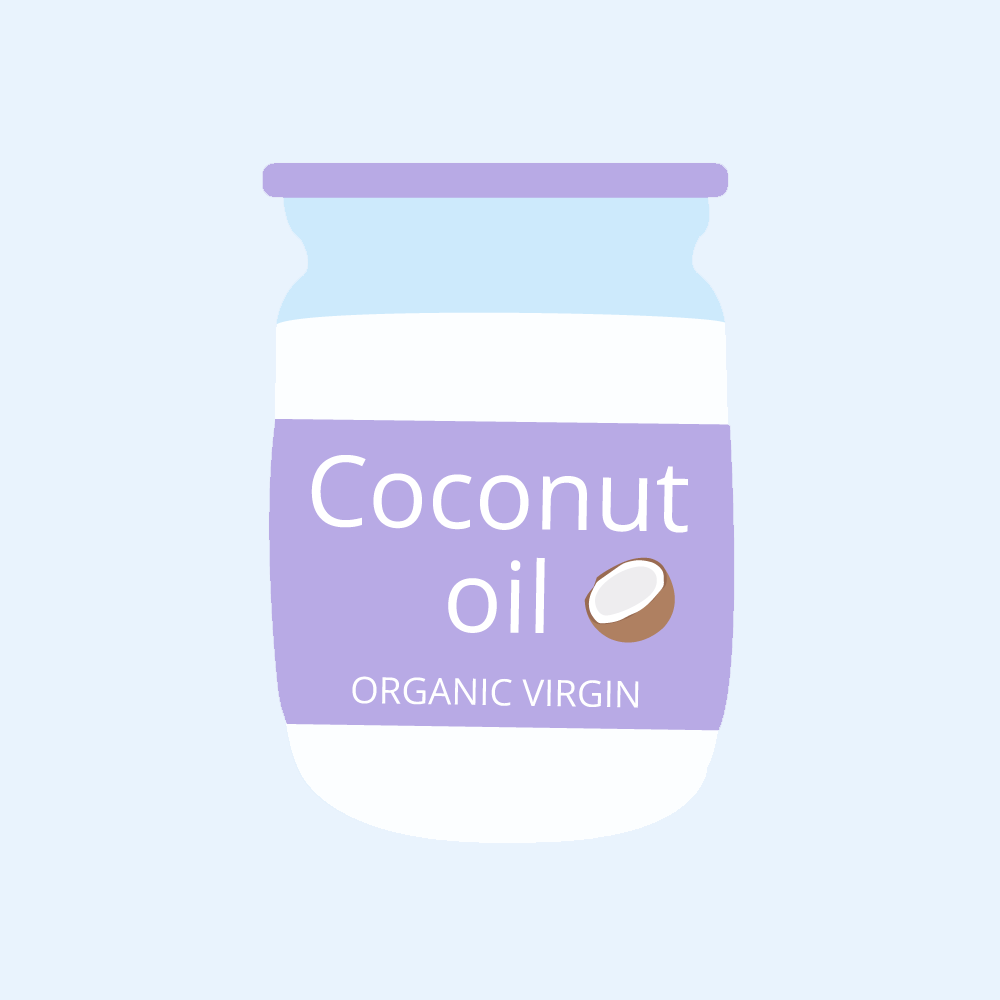
Organic coconut oil
Organic coconut oil contains organically grown and processed coconuts. They don’t use synthetic pesticides, fertilizers, insecticides or other chemicals.
Coconuts are actually organic by nature and rarely need any pesticides. If they do, they don’t spray directly on the coconuts, but in the soil or on the palm trunk.
While organic coconut oil is the best choice for health and environment, it doesn’t mean that a virgin coconut oil without an organic certification isn’t good for you.
An organic certification can be very expensive and not all (especially small) companies can afford this. Their oil might however be organic.
The most important thing is to avoid oils that use chemicals during processing.
This goes especially for refined coconut oil and is less relevant for virgin coconut oil.
I’ve seen some coconut oil labeled as ”non-GMO”, but currently there are no GMO coconuts and hopefully it will stay this way!
How to choose the best virgin coconut oil
Luckily, there are many good high quality virgin coconut oils on the market. You just have to know what you’re buying.
When it comes to finding good coconut oil (or any product really) doing research is the key.
I always read the labels, especially with new products. If there is a website, I check it out.
This is to understand how and where they make the product, but also to know the story behind it.
My favorite coconut oils are as natural as possible and use minimal processing.
I always buy from sustainable companies.
I like supporting community focused (often family-run) brands who treat humans, animals and nature with love and respect.
Sustainable agriculture and production are essential. Maintaining nature’s balance always needs to come before commercial benefits. We have a beautiful planet to take care of!
Workers should get fair pay and work under good conditions. And animals shouldn’t be involved in any way.
How can you tell if an oil is good or not?
The rising popularity of coconut oil has resulted in a huge amount of coconut oil brands.
Unfortunately not all of them are equally good. Some brands sell bad quality coconut oil using waste coconuts. To mask this they treat the coconuts chemically so that the oil appears to be pure.
They often bleach the oils to make them appear white and add artificial coconut aromas to enhance the coconut taste.
Currently there is no quality warranty for coconut oil. This means that anyone can practically put whatever label they want on their coconut oil.
Many coconut oil brands use private labelling. They buy the oil from a big producer who sells to several brands. Each brand then sells it under their own name which makes it very difficult to trace the oil’s origins.
Too good to be true?
It’s possible to notice the difference between a good quality coconut oil and a chemically altered oil. Here are a few indications:
→ You need about 10 coconuts to produce a liter of coconut oil. Add to that the work and resources for production, packaging, design, distribution, marketing, transportation etc.
With all that in mind, could a good quality organic virgin coconut oil really cost only $3 or so?
You usually get what you pay for, so be aware of things that seem to good to be true.
Keep in mind however that a high price doesn’t always guarantee quality either!
→ Good quality coconut oil isn’t bright white. It has a slightly light grey / brown undertone,
sort of like Celtic sea salt.
It has a smooth texture. Crumbly coconut oil indicates high temperature processing.
→ The bottom of the jar shows a lot about the quality of the coconut oil. If the oil is bright white,
it was probably chemically altered because of high temperature processing.
The oil should show light brownish / greyish traces.
Be very careful with black or green coloring. This can indicate that they used moldy copra coconut and didn’t filter the oil well afterwards.
→ If the oil tastes or smells too coconutty, it possibly contains artificial aromas.
→ Does the company have its own coconut plantation or does it work closely with one?
You can always ask them about the production process. If they are knowledgable (and passionate) about the product they sell, you will notice this.
Many smaller companies who produce good quality oil don’t have the capacity for mass production. They mostly sell their product on a smaller scale and for fair (read higher) prices.
Thanks to Monique van der Vloed who has done a lot of research about the quality of coconut oil. (her website is in Dutch, but contains a lot of good information and images)
Coconut oil for skin and hair
Coconut oil contains many nutrients which makes it a wonderful topical treatment for your skin and hair.
How do you choose the best virgin coconut oil for beauty uses? It’s simple, use the same high quality coconut oil that you cook with.
I put equal importance to what I put inside my body as to what I put on my body. I wrote about this in my toxin-free journey.
Our skin is our largest organ after all and what you put on it, will end up inside of it.
More about why I love using coconut oil for my skin and hair.
Remember that while all coconut oils for cooking purposes are good for topical use as well, some cosmetic coconut oil products are not meant for ingestion.
A complete overview of the most common types of coconut oil and their processing methods is in this article.
Are you shopping online?
You can buy good coconut oil here.
A good read is Bruce Fife’s (naturopath and nutritionist) book The Coconut Oil Miracle.
I only link to products that I love, would use myself and have researched. Thank you for your support!
How do you choose the best virgin coconut oil and what do you use it for?
Share it with us on Facebook or Instagram @coconutqueendom

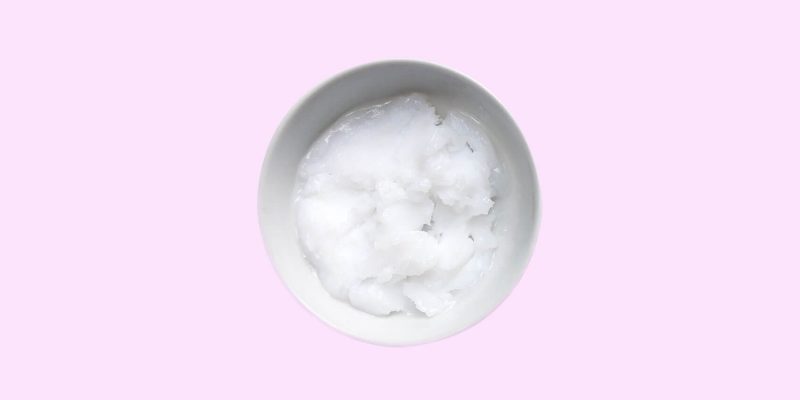
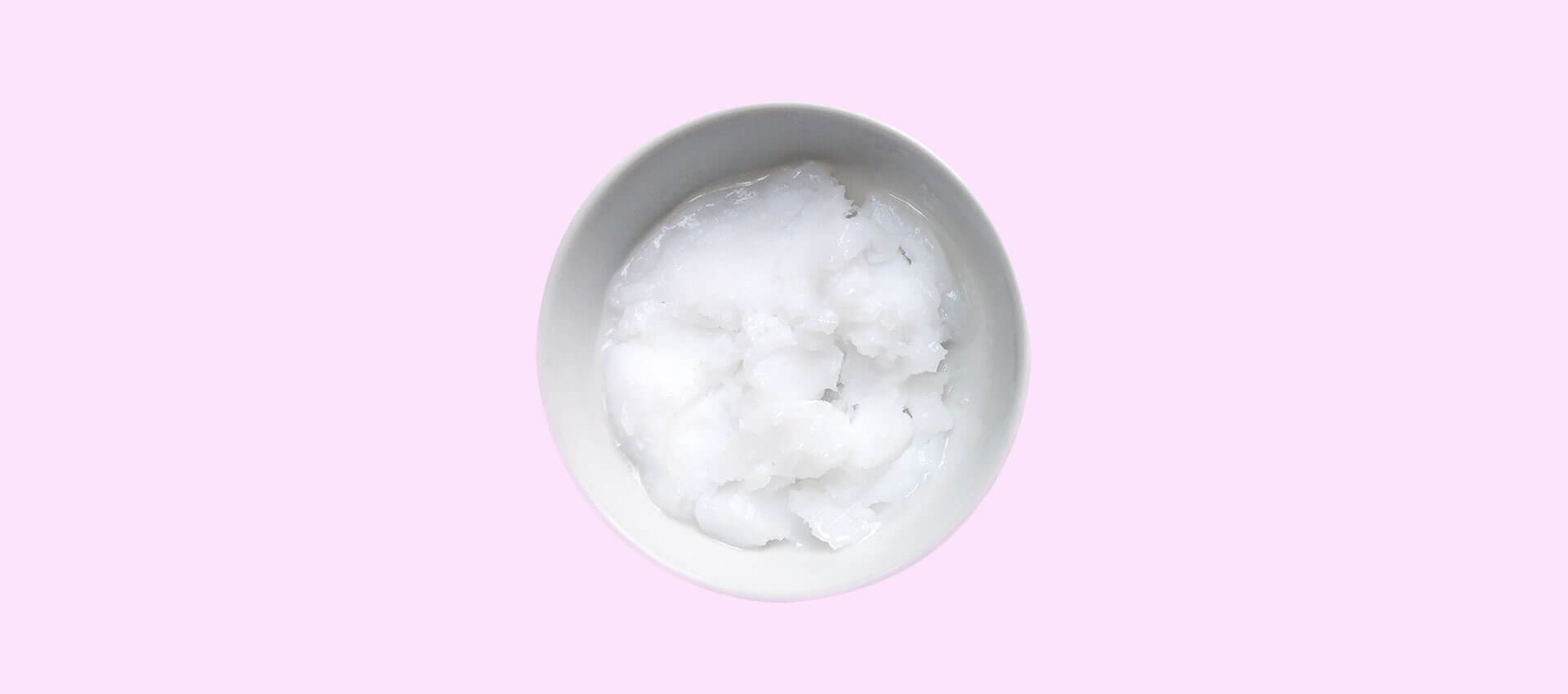
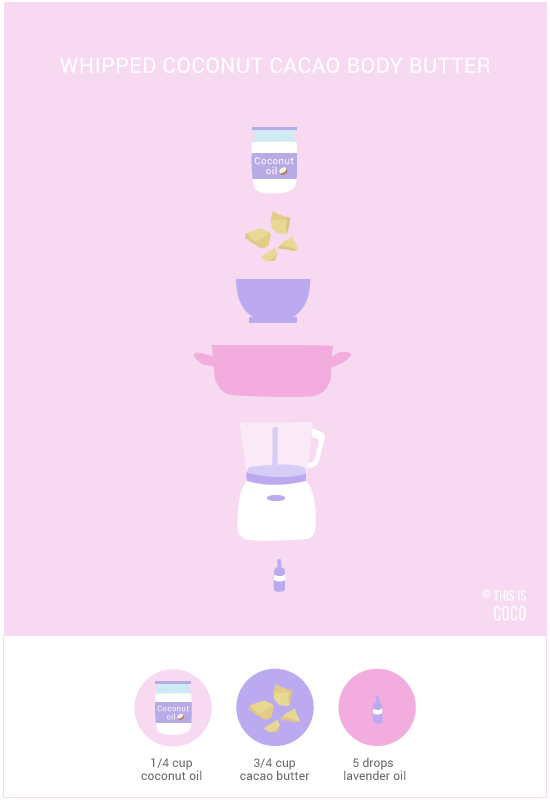

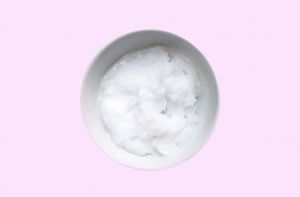
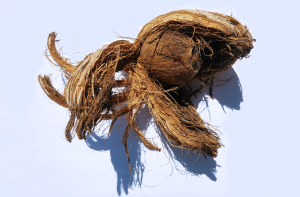
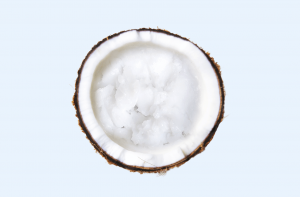
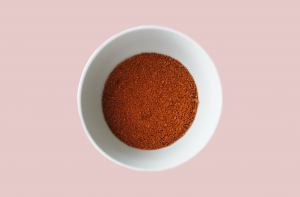
5 Comments
Join the discussion and tell us your opinion.
Coconut oil is my new favourite product. It keeps amazing me how well it works for a fraction of the price of regular beauty products and how versatile it is.
I swim a lot and my hair would always come out dry and in need of extra care. Since I started putting coconut oil in my hair, I’ve noticed a big difference; it is much softer and stronger.
My morning starts with a cup of bulletproof coffee with coconut oil – love it!
I’m so glad to read that, coconut oil really is amazingly versatile. Thanks for sharing Moon Child!